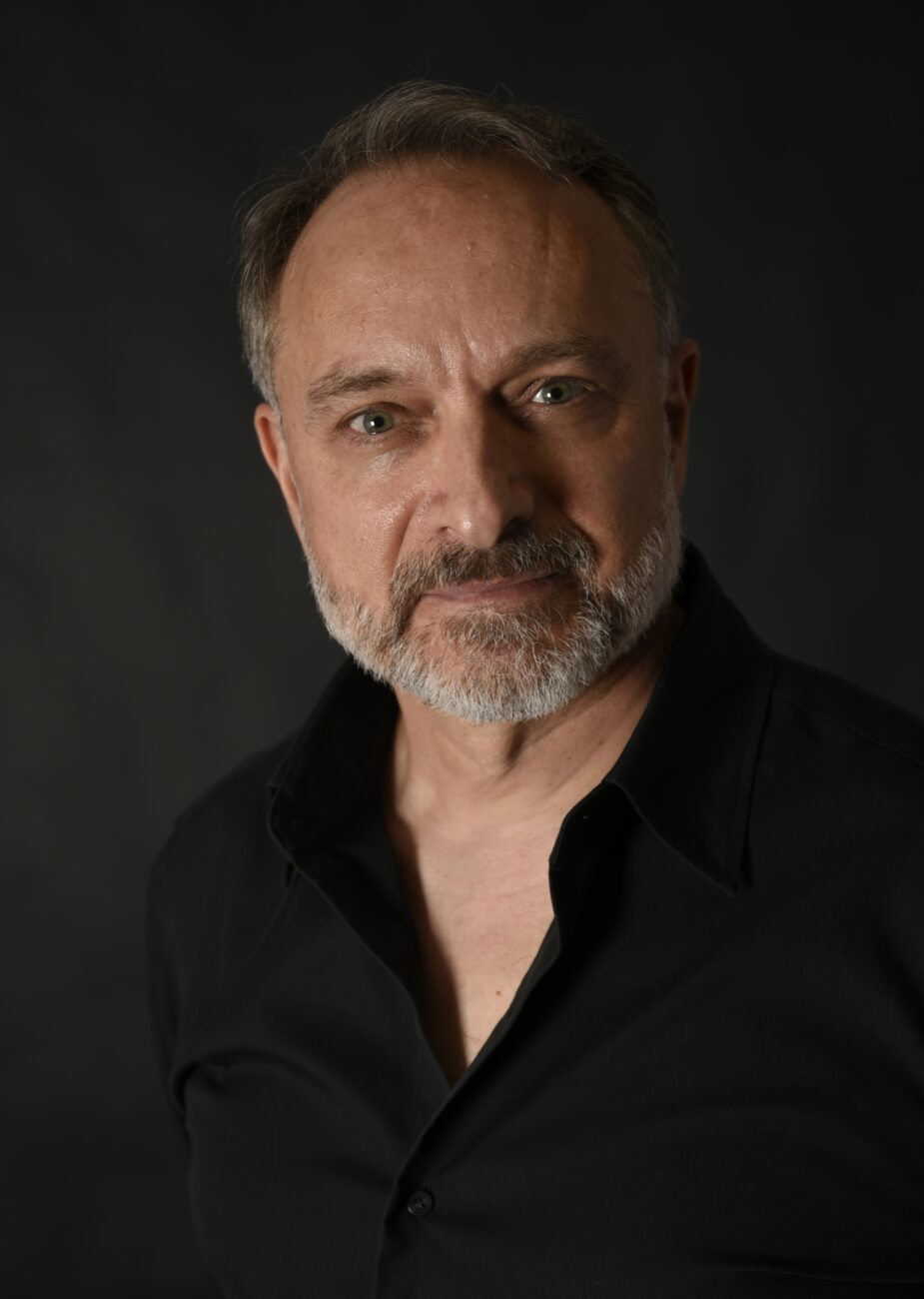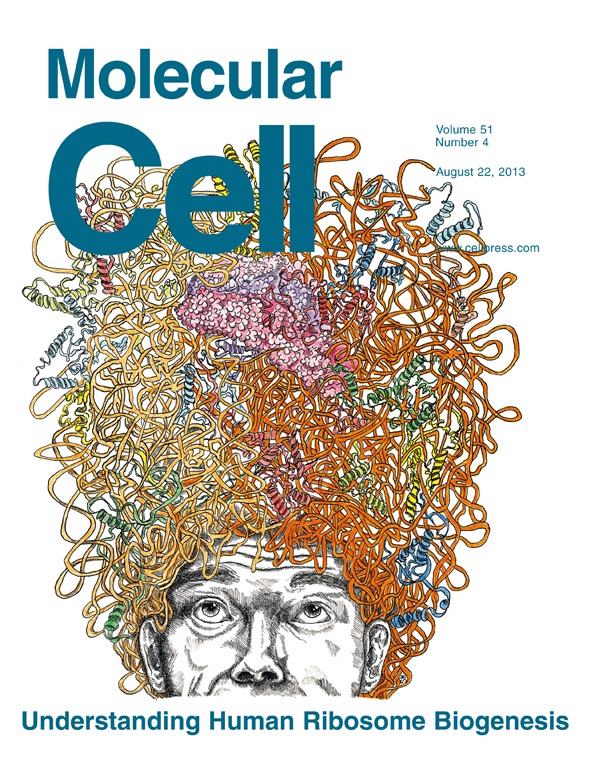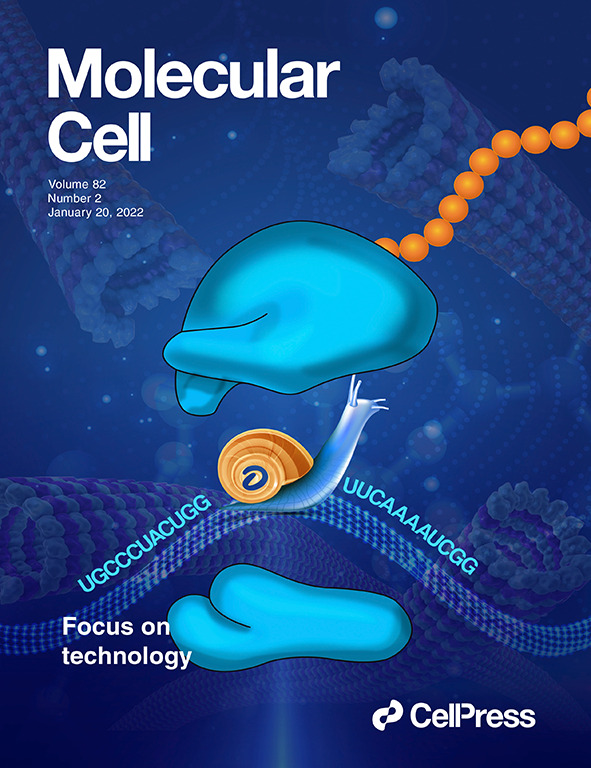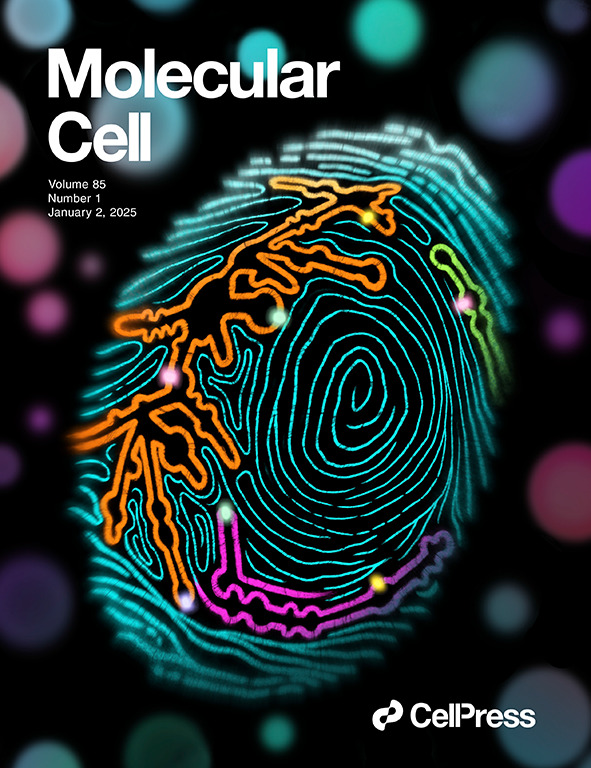
Denis L.J. Lafontaine received a research MSc (1991) and a PhD (1995) in Molecular Biology & Genetics from the University of Namur, Belgium, under the supervision of the late Prof Jean Vandenhaute. He engaged in postdoctoral training (1995-2001) with Prof David Tollervey within the Gene Expression program at the European Molecular Biology Laboratory in Heidelberg, Germany, and The Wellcome Trust Center for Cell Biology at the University of Edinburgh, Scotland.
Denis was recruited in 2001 to a permanent position with the Belgian Fund for Scientific Research (F.R.S./FNRS). Since then he has worked as Principal Investigator at the Institute of Molecular Biology & Medicine at the University of Brussels (ULB). He is currently a Research Director with the F.R.S./FNRS and a Professor at the University of Brussels.
In 2010, after 15 years of work on fundamental aspects of ribosome biogenesis, including RNA processing and RNA modification, in budding yeasts, the Lafontaine team turned towards human cells, performing multiple large-scale screens leading to identification of hundreds of novel ribosome assembly factors and essential contributors to nucleolar structure maintenance. Notably, each of the eighty ribosomal proteins was tested individually for a role in precursor ribosomal RNA processing, mature rRNA accumulation, nucleolar structure, and homeostasis of the anti-tumor protein p53 (See Www.RibosomalProteins.Com).
A key finding was that only two ribosomal proteins are really very important for nucleolar structure maintenance: uL5 (RPL11) and uL18 (RPL5). These two ribosomal proteins are incorporated at a late stage of maturation, together with the 5S ribosomal RNA, into the maturing large ribosomal subunit, to form a functionally important architectural landmark of the ribosome: the central protuberance. When these ribosomal proteins are not assembled, for example in cells that cannot make their ribosomes well, they accumulate outside the ribosome to capture Hdm2. This leads to p53 stabilization and to killing of the deficient cell in a regulatory loop known as nucleolar surveillance.
The long-term goal of the Lafontaine Lab is to understand the molecular bases and tissue-specific origins of human diseases caused by ribosome biogenesis dysfunction. The nucleolus, where the initial steps of ribosome biogenesis occur, has recently been redefined has a biomolecular condensate formed by liquid-liquid phase separation. The team is also interested in developing new tools to probe the liquid nature of the nucleolus and the importance of macromolecular condensation in ribosome biogenesis.
Denis Lafontaine co-organized the international “Ribosome Synthesis Meeting” in 2012 (Banff, Canada), 2015 (Brussels, Belgium – his home town), 2018 (Magog, Canada), and 2022 (Engelberg, Switzerland). Between 2017 and 2021, he acted as Dissemination Officer for the European COST action Epitran (CA16120) on Epitranscriptomics and he is now involved in the COST action TRANSLACORE (CA21154) on the importance of translation in cancer. He also gives lectures to students working towards Bachelor’s or Master’s degrees in Belgium (U. Brussels, U. Charleroi, U. Namur), France (U. Lorraine), and Japan (University of Tokyo).
Denis Lafontaine acts as a referee for journals in the fields of human genetics, molecular and cell biology, and RNA biochemistry and for numerous international funding agencies: American NSF, Austrian FWF, Belgian F.R.S/FNRS, British Wellcome Trust, Cancer Research UK (CRUK), Czech GACR, French ANR and INSERM, European Research Council, German DFG, Hong Kong Research Grants Council (RGC), Human Frontier Science Organization, Israel Science Foundation, Polish National Science Centre, Swiss NSF, etc.. He is also a HUGO Gene Nomenclature Committee (HGNC) specialist advisor [Ribosomal biogenesis factors].
Denis is Deputy Editor-in-Chief at RNA Biology (Taylor & Francis), and Academic Editor at PLOS Genetics.


